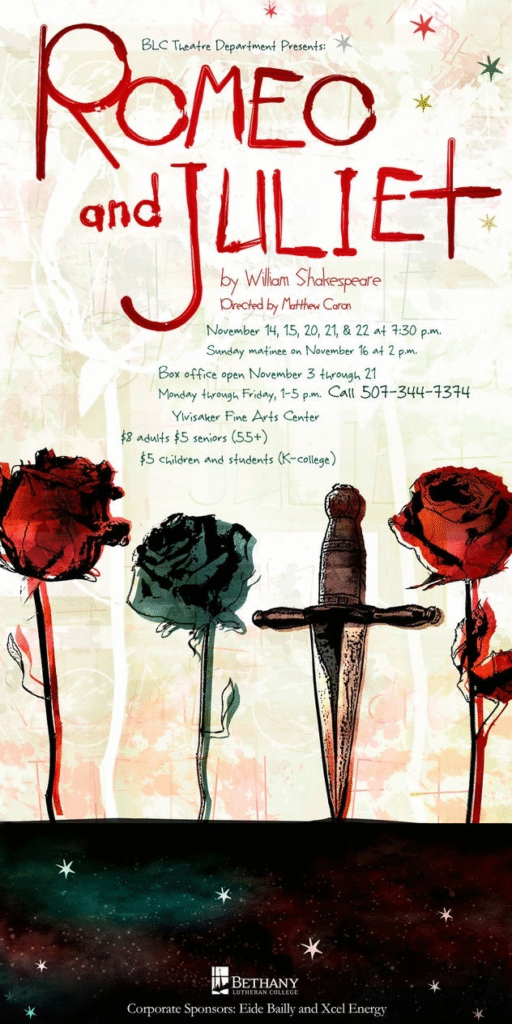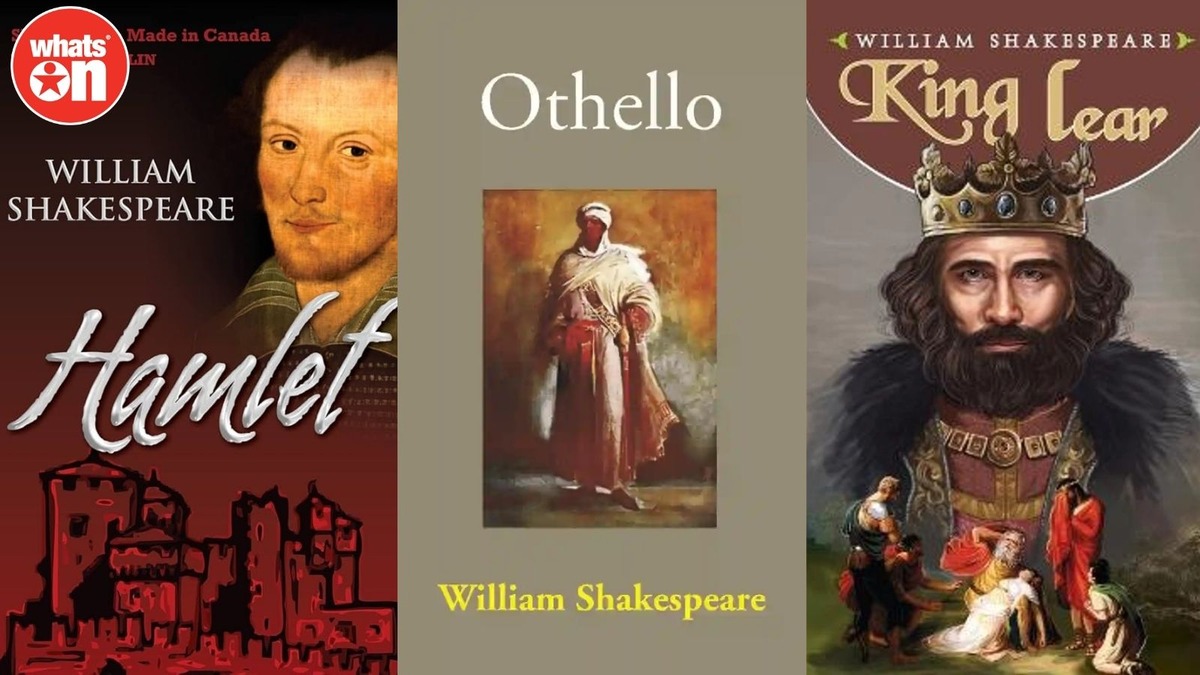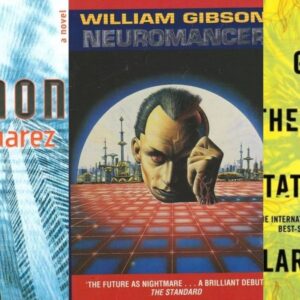William Shakespeare — the Bard of Avon — is one of history’s most revered literary figures, and for good reason. Born on April 23, 1564, and passing on the same date 52 years later, Shakespeare legacy continues to enchant readers, actors, and audiences across the globe. With 39 plays, 154 sonnets, and two long narrative poems, Shakespeare’s influence on literature, language, and theater is immeasurable.
To honor William Shakespeare birthday today, we’re diving into his seven all-time best plays — stories that still echo through time, brimming with unforgettable characters, profound themes, and powerful dialogue.
1. Hamlet
Arguably Shakespeare’s greatest tragedy, Hamlet follows the brooding Prince of Denmark as he seeks revenge for his father’s murder. The play explores complex themes of madness, betrayal, and morality, with iconic soliloquies like “To be, or not to be.” Hamlet’s inner conflict and Shakespeare’s poetic language have made this a cornerstone of world literature. With timeless psychological depth, Hamlet remains essential reading for anyone interested in human nature and existential reflection.

2. Macbeth
Dark and gripping, Macbeth is a thrilling exploration of ambition, fate, and guilt. When Macbeth, a Scottish general, is tempted by prophecy and spurred on by his ruthless wife, he murders King Duncan to seize the throne. His descent into paranoia and tyranny offers powerful commentary on the corrupting force of unchecked ambition. The supernatural elements, haunting imagery, and unforgettable characters ensure Macbeth continues to captivate readers and theatre-goers alike.

3. Romeo and Juliet
The ultimate romantic tragedy, Romeo and Juliet tells the story of two star-crossed lovers from feuding families. Their passionate love defies societal expectations, but fate and miscommunication lead to their tragic deaths. The play’s exploration of youthful love, family honour, and fatal destiny has influenced countless adaptations. With its lyrical poetry and timeless theme of forbidden love, Romeo and Juliet remains a universal tale of devotion and despair.

4. Othello
Othello is a devastating drama of jealousy, manipulation, and racial prejudice. The story centres on Othello, a Moorish general in the Venetian army, whose love for Desdemona is destroyed by the lies of his envious ensign, Iago. Shakespeare examines the destructive power of suspicion and the vulnerability of love in a society filled with prejudice. As both a personal and political tragedy, Othello continues to resonate with readers in our modern age.

5. King Lear
In King Lear, Shakespeare weaves a powerful story of power, pride, and redemption. When the ageing King Lear divides his kingdom among his daughters based on flattery, he unleashes a storm of betrayal and madness. The raw emotional intensity, themes of justice and suffering, and one of the most tragic endings in literature make King Lear an enduring masterpiece. Its emotional power and philosophical depth remain as relevant today as ever.

6. Julius Caesar
A political thriller rooted in real history, Julius Caesar explores themes of loyalty, conspiracy, and the ethics of assassination. The play dramatizes the fall of the Roman leader, focusing on Brutus’s inner turmoil and the consequences of his choice to betray Caesar for the greater good. With its powerful speeches and reflections on honour and leadership, Julius Caesar continues to inspire political analysis and debate. The phrase “Et tu, Brute?” has become legendary in Western culture.

7. The Tempest
Blending magic, revenge, and forgiveness, The Tempest is Shakespeare’s enchanting final play. Set on a mysterious island, the story follows the exiled Duke Prospero, who uses sorcery to orchestrate events and seek justice. With its exploration of colonisation, freedom, and reconciliation, The Tempest offers both spectacle and subtle reflection. It is celebrated for its imaginative setting, lyrical beauty, and the redemptive journey at its core, making it a favourite among Shakespeare’s late romances.

For more book reviews, visit WhatsOn.Guide













